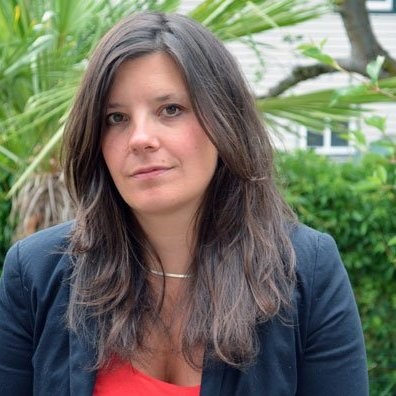Morgan Mentzer advances queer and trans rights

Morgan Mentzer is co-founder and executive director of Lavender Rights Project, whose mission is to advance a “more just and equitable society by providing low-cost civil legal services and community programming centered in values of social justice for trans and queer low-income people and other marginalized communities.” Last spring Mentzer and Lavender Rights Project (LRP) collaborated with students in Julie Shayne’s “Histories and Movements of Gender and Sexuality” course to chronicle the organization’s history as part of the Feminist Community Archive of Washington.
Mentzer is also a IAS alum, whose firsthand experience with community-based learning compelled her to invest in student development and activism. As an undergraduate, she participated in the Washington D.C. Human Rights Seminar, as well as a summer study abroad program to South Africa led by Ron Krabill. Working on an HIV/AIDS media project in Cape Town, Mentzer became keenly aware of her positionality as a white college student. She recognized the power, privilege and access it afforded and how little value society gives to the lived experience, especially when shaping policy.
Mentzer wanted to change these dynamics and says IAS gave her the tools to facilitate social change while critiquing her own role. After graduating in 2004 with a degree in Global Studies and minor in human rights, she worked as an investigator in the King County Public Defender's office, and then, following her love of the trades, became an auto mechanic. Eventually, she followed the call to law school, attending City University of New York (CUNY) Law School where she worked as a foreclosure defense community organizer.
Mentzer returned to Seattle to practice family law and law concerning LGBT issues, civil rights, and police misconduct. In 2016, she and Lucas Cuellar co-founded LRP to address the lack of representation for queer and trans people. LRP offers multiple services, including legal aid, mediation, information clinics, and actively participates in coalition-building that connects the queer and trans community to culturally competent legal service providers. LRP also supports broad-based initiatives that further societal-level trans and queer liberation.
“I do this work because I believe in the power of the LGBTQ community,” says Mentzer, “which Is founded on the fight for love, to make sustainable social change in the world for everybody.”